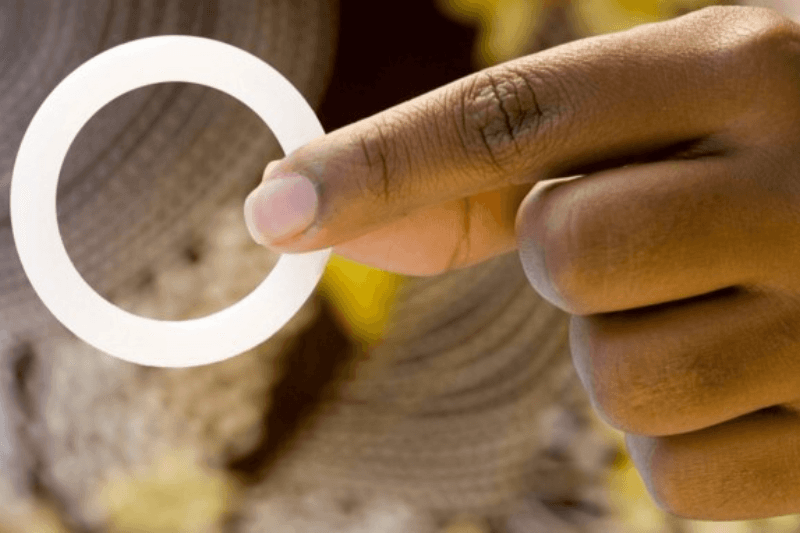Last updated on December 9th, 2024 at 11:04 pm
The Dapivirine Vaginal Ring (DPV-VR) which works by releasing the anti-HIV drug dapivirine over a month has been approved for nationwide use by Kenya’s Ministry of Health. Women who have used the ring have praised its effectiveness stating that they prefer it to daily Pre-Exposure Prophylaxis (PrEP) drugs.
Kenya is stepping up efforts to combat the HIV/AIDS epidemic especially among women who account for a large number of cases. The Ministry of Health reports that 880,000 of the 1,377,784 Kenyans living with HIV are women.
The battle against HIV is related to a 50 year old sex worker in Dandora, Nairobi who is a single mother of four who has turned to sex work because of financial difficulties and has relied on Pre-Exposure Prophylaxis (PrEP) pills for protection. She is currently participating in a pilot study testing the Dapivirine Vaginal Ring (DPV-VR) which was recently approved by Kenya’s Ministry of Health.
“I have used oral PrEP but they lack privacy and cause side effects but when my friend told me about vaginal rings, I chose it to be a method I could use to protect myself from infections,” she told the media.
The World Health Organization (WHO) approved the dapivirine vaginal ring in January 2021 as an additional preventive option for women who were at a significant risk of contracting HIV.
The Kenyan government then authorized the ring for use in 2022 and a pilot study was initiated in June 2023 to evaluate its efficacy and implementation among Kenyan women. The dapivirine vaginal ring will be made available to women at no cost when it is introduced in Kenya in 2025.
Keep Reading
The vaginal ring prevents HIV/AIDS only during vaginal intercourse and is not suitable for oral or anal sex. The vaginal ring also does not provide protection against other Sexually Transmitted Infections (STIs). Users are advised to avoid sexual intercourse during the first 24 hours after insertion to allow the medication to be properly released.
Despite its restrictions, the ring’s usefulness is clear, with a success rate that rises from 27% to 75% with regular use.
The ring has been approved for use in several African countries including Botswana, South Africa, Lesotho, Rwanda, Uganda, Zimbabwe and Eswatini. Women in Kenya are eagerly anticipating its rollout in 2025.

